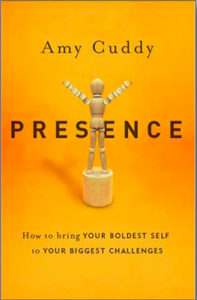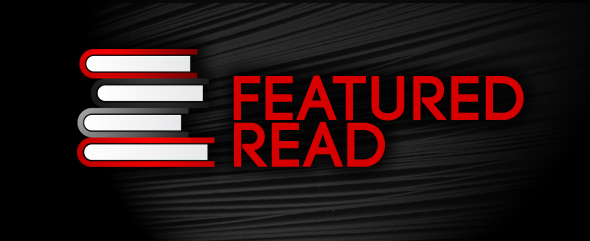Early on a recent weekday morning, as I was getting ready for work, I stood in front of my bathroom mirror for a full minute with my hands on my hips, Wonder Woman-style. Why? I was psyching myself up for what I knew would be a long, challenging day at work. Later in the week, I was called into a meeting at the last minute and found myself feeling flustered and unprepared. As I sat at the conference room table, I realized I was slouching, my body collapsing in on itself, so I made an effort to physically take up more space, widely resting my hands on the table. I can’t scientifically prove that either of these power poses actually made me more powerful, but anecdotally, it totally worked!  The day I stood like Wonder Woman, I was able to perform well under pressure during a stressful 15-hour work day, and the day of the meeting, I felt more composed and spoke more confidently once I made a conscious effort to take up more space.
The day I stood like Wonder Woman, I was able to perform well under pressure during a stressful 15-hour work day, and the day of the meeting, I felt more composed and spoke more confidently once I made a conscious effort to take up more space.
I have clearly embraced the idea of power posing, and I have social psychologist Amy Cuddy to thank for that. Cuddy is best known for her TED Talk “Your Body Language Shapes Who You Are,” the second most-watched TED Talk of all time, and the one popularly known for the idea that you can make yourself feel more powerful by standing like a superhero. Her recent book Presence: Bringing Your Boldest Self to Your Biggest Challenges expands on her TED Talk, going more deeply into the scientific research on power posing and offering lots of anecdotal evidence that it actually works. Cuddy then takes the idea further, exploring how being aware of our body language can help us achieve the elusive quality of “presence,” or self-assurance, poise, and comfort in one’s own skin.
From the book:
When our body language is confident and open, other people respond in kind, unconsciously reinforcing not only their perception of us but also our perception of ourselves.
Presence emerges when we feel personally powerful, which allows us to be acutely attuned to our most sincere selves.
Presence definitely feels like an expanded TED Talk, in that it very thoroughly explores a single idea: that the physical shapes we put our bodies in can affect our psychological state. But it is an interesting, often entertaining read and has definitely made me more aware of how I compose my body, particularly at work. I think that’s a very valuable take-away, especially for those not typically seen as “powerful.”
I am a short woman (5’2″) who works with mostly men; I am routinely physically dwarfed by my coworkers. If I can project more confidence and feel more personally powerful by privately standing like Wonder Woman or taking up more space at the conference room table, then count me in!
Following are links to discussion questions and supplemental material for a pro book club discussion of this book.
NOTE: As an Amazon Associate I earn from qualifying purchases.
DISCUSSION QUESTIONS:
Unfortunately, there is no official reading guide for Presence: Bringing Your Boldest Self to Your Biggest Challenges. Lit Lovers offers a list of good discussion questions, however, and you can always reference my Discussion Questions Resources page for ideas as well.
SUPPLEMENTAL MATERIAL:
- Amy Cuddy’s TED Talk “Your Body Language Shapes Who You Are”, the second most-watched TED Talk of all time
- Amy Cuddy’s official website
- “On Presence and Power: Susan Cain Interviews Amy Cuddy” – The author of Quiet: The Power of Introverts in a World The Can’t Stop Talking interviews Ms. Cuddy on what presence means and why it’s so important in work and life
- The NY Times Book Review of Presence – December 28, 2015
- Ms. Cuddy discusses her book with Rabbi Rami Shapiro on the Spirituality & Health Magazine Essential Conversations podcast – January 15, 2016
- “8 Power Poses That Will Make You More Successful at Work” – Business Insider, April 1, 2014
- For an opposing point of view: “Power Pose Effects Aren’t Real, Says Co-Author of Original Study”



